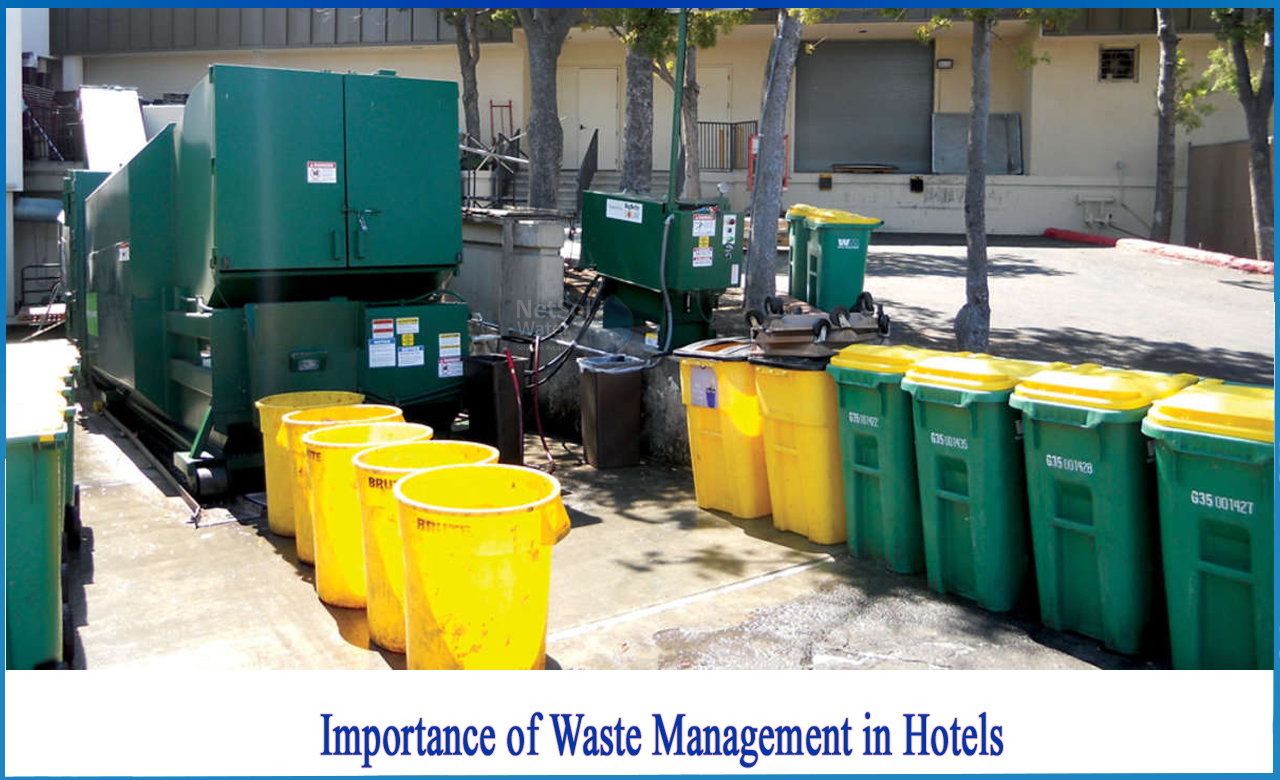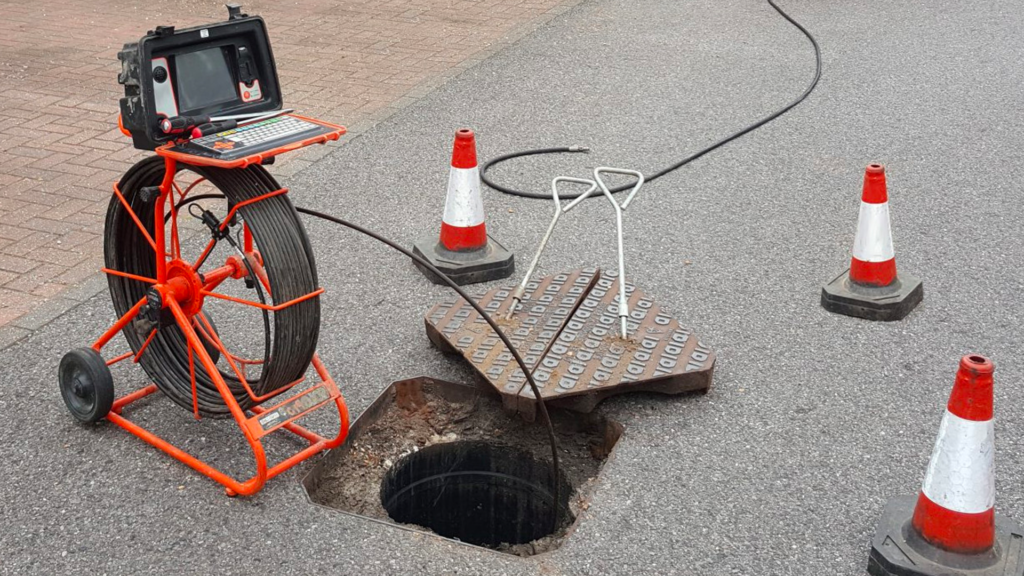The 45-Second Trick For Reclaim Waste
Table of ContentsHow Reclaim Waste can Save You Time, Stress, and Money.The Best Strategy To Use For Reclaim WasteLittle Known Questions About Reclaim Waste.The Basic Principles Of Reclaim Waste Some Known Facts About Reclaim Waste.
Residential sewer waste refers to the waste and items from a household septic container. The proper administration and disposal of residential sewer waste call for fluid waste to be moved to a sewage therapy plant where the appropriate approaches and devices are applied to cleanse and dispose of waste.
Commercial waste commonly includes prospective dangers, such as flammable materials or a combination of liquid and strong waste items, and requires an extra sophisticated and in-depth disposal process. The disposal of industrial waste generally entails the purification of waste prior to transportation to guarantee secure and appropriate disposal. Hazardous waste is produced from by-products and runoff of industrial procedures and manufacturing.
This kind of waste can not utilize the very same sewer management transport or procedures as septic or commercial liquids. The industrial waste monitoring procedure calls for the evaluation and screening of fluid waste before it undergoes the disposal procedure (liquid waste removal melbourne). Overflow waste is the liquid waste that comes from overflow and excess stormwater in highly booming areas or cities
Runoff waste can create contamination and flooding if not managed effectively. Guaranteeing correct waste administration can prevent calamities and minimize ecological harm.
A Biased View of Reclaim Waste
Call PROS Solutions today to find out about our waste management and disposal solutions and the proper means to care for the fluid waste you produce.
(http://www.place123.net/place/reclaim-waste-laverton-north-vic-australia)Do you know what takes place to your water when you disengage, flush the commode or drain pipes the cleaning maker? No? Well, it deserves recognizing. This supposed 'wastewater' is not just an essential source however, after therapy, will certainly be released to our land, waterways or the ocean. Made use of water from bathrooms, showers, bathrooms, kitchen area sinks, laundries and industrial procedures is referred to as wastewater.

water made use of to cool down machinery or tidy plant and equipment). Stormwater, a kind of wastewater, is runoff that streams from farming and metropolitan locations such as roofings, parks, yards, roads, paths and gutters right into stormwater drains pipes, after rain. Stormwater moves neglected straight to local creeks or rivers, ultimately reaching the ocean.
Not known Facts About Reclaim Waste
In Queensland, a lot of wastewater is dealt with at sewer therapy plants. Wastewater is transferred from domestic or industrial sites through a system of sewers and pump stations, referred to as sewerage reticulation, to a sewage treatment plant. City governments develop, preserve and operate most sewage treatment plants. Operators are accredited under the Environmental Management Act 1994 to discharge treated wastewater at an acceptable ecological standard right into rivers.
The Department of Natural Resources recommends neighborhood federal governments about managing, operating and maintaining sewerage systems and therapy plants. In unsewered areas, local federal governments may require householders to install individual or house sewer treatment systems to treat domestic wastewater from toilets, kitchens, bathrooms and washings. The Department of Natural Resources authorizes making use of home systems when they are proven to be reliable.
A lot of stormwater gets no treatment. In some brand-new neighborhoods, treatment of some stormwater to get rid of trash, sand and crushed rock has actually begun making use of gross contaminant traps. Wastewater therapy happens in four phases: Removes strong matter. Bigger solids, such as plastics and various other objects mistakenly discharged to sewage systems, are eliminated when wastewater is gone through screens.
Wastewater then moves into huge containers where solids clear up and are removed as sludge. Grease and residue are skimmed from the surface. Utilizes little living microorganisms called micro-organisms to break down and eliminate remaining dissolved wastes and great fragments. Micro-organisms and wastes are incorporated in the sludge. Gets rid of nitrogen and phosphorus nutrients that can cause algal flowers visit here in our rivers and threaten water life.
Reclaim Waste for Beginners
Nutrient elimination is not offered at all sewage treatment plants because it calls for pricey specialized devices. Clear fluid effluent created after treatment may still contain disease-causing micro-organisms - liquid waste removal.

This generally means wastewater needs to be dealt with or pollutants eliminated before it can be discharged to rivers. The majority of wastewater moves right into the sewerage system. Under the Act, city governments carry out approvals and licences for environmentally appropriate tasks (Periods) including wastewater releases that might have a neighborhood effect. The division provides authorizations and permits to Ages involving wastewater launches that may have a regional or statewide influence.
The Single Strategy To Use For Reclaim Waste
Or else, examples are taken for research laboratory analysis. Typically several tests are required to develop the degrees of each of the different toxins such as oils, hefty steels and pesticides in water. Surveillance offers valid information about water high quality and can validate that licence conditions are being satisfied. The details gotten through monitoring offers the basis for making water high quality choices.